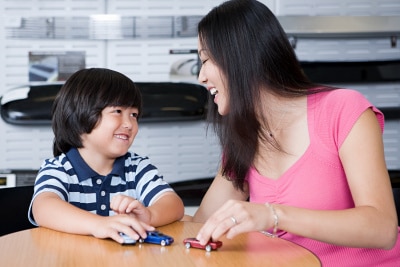[ad_1]
I’ll admit it. I’m a big David Brooks fan.
Brooks is a moderately conservative op-ed columnist for the New York Times and I’m an unabashed liberal.
Regardless of his politics, Brooks is sort of a social philosopher. He uses statistics to help cultivate his worldview and tends to make very pithy observations. Last week’s piece, called “The Age of Possibility” is a perfect example.
Much has been written – here and elsewhere – about the changing face of a “typical” U.S. household. More people are single. Fewer are having kids. This has taken place at a more rapid rate in various Asian and Scandinavian societies as well. While it’s generally hard to decry the results of unlimited freedom and education, sometimes there’s too much of a good thing.
It’s not whether single people CAN be as connected to their communities, it’s whether they ARE as connected to their communities as people with marriage and children.
“Like most Asian societies, Singapore used to be incredibly family-centered. But, as the economy boomed, the marriage rate plummeted. Singapore now has one of the lowest fertility rates in the world. “The focus in Singapore is not to enjoy life, but to keep score: in school, in jobs, in income,” one 30-year-old Singaporean demographer told the researchers. “Many see getting attached as an impediment to this.”
Says Brooks, “The surest way people bind themselves is through the family. As a practical matter, the traditional family is an effective way to induce people to care about others, become active in their communities and devote themselves to the long-term future of their nation and their kind.”
I happen to agree with him. I’m much more likely to be active in my community as a homeowner, parent of a school-aged child, and member of a local temple. Before you overreact and tell me that YOU’RE a single mom and YOU belong to church, I’m not suggesting it’s impossible to do so.
I am saying that by planting roots in a community – by owning a home, sending your kids to school, and building a sense of permanence with your family – you’re much more likely to feel connected to your community than if you were, say, like I would be without my wife.
If I were single today, I wouldn’t be living in a suburb, wouldn’t worry about schools, wouldn’t meet my neighbors, wouldn’t belong to a temple. What would I be doing? Dating, buying nicer things, and traveling more. It’s fun stuff, but such solo pursuits do little to enrich a community.
Understand, I’m not condemning single people, because I was long single. I’m reiterating Brooks’ observation that it’s not whether single people CAN be as connected to their communities, it’s whether they ARE as connected to their communities as people with marriage and children.
Brooks concludes the same thing that I would, “The problem is not necessarily a changing family structure. It’s people who go through adulthood perpetually trying to keep their options open.”
Please read the article here, and share your thoughts below.
[ad_2]
www.evanmarckatz.com







